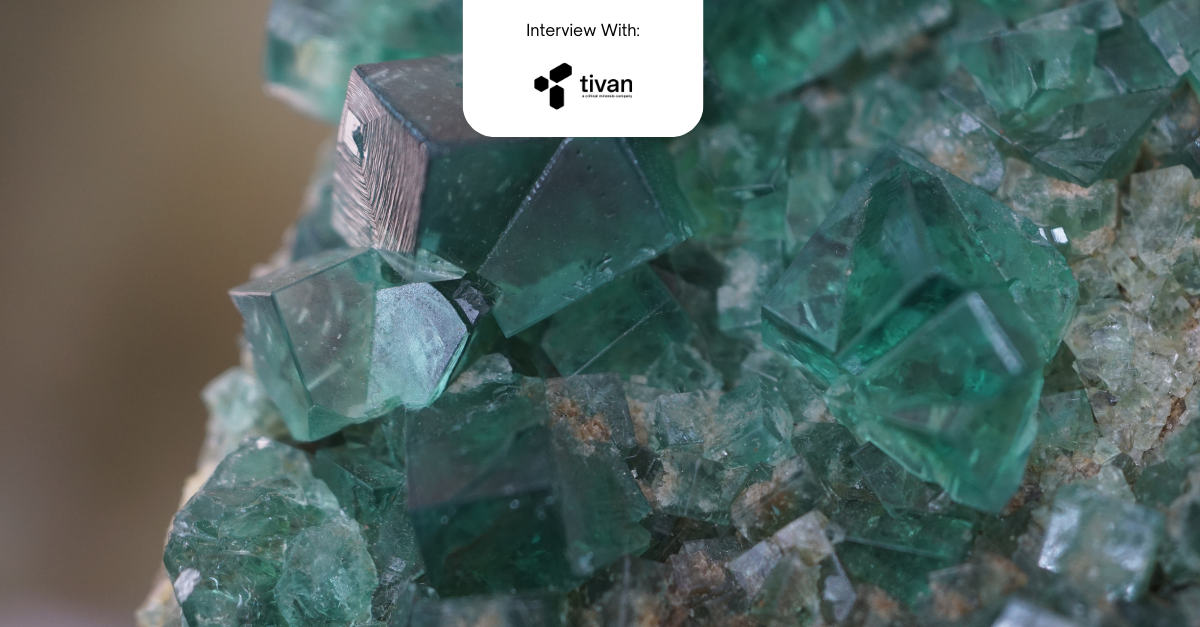As Timor-Leste enters a new phase of economic transformation and ASEAN integration, Gaurav Sareen, Managing Director of Genexa Advisory, discusses how strategic advisory can help bridge policy and execution. From energy and mining reforms to regional connectivity and sustainable investment frameworks, he shares how Genexa is working to turn Timor-Leste’s ambitions into actionable outcomes that attract global capital and deliver long-term prosperity.
Q1. Genexa Advisory positions itself as a firm that makes strategy actionable. What motivated your decision to engage with Timor-Leste’s energy and mining sectors, and what opportunities do you see for investors here?
A: Timor-Leste is at a transformative and defining moment in its national journey. As the bloc’s 11th member of ASEAN, the country has transitioned from post-independence reconstruction to full regional integration, opening access to a market of more than 600 million people and embedding itself within Southeast Asia’s economic and political architecture.
For Genexa Advisory, this is precisely the type of pivotal inflection point where the right strategic advice can create outsized impact. Having worked across ASEAN and the Pacific for more than 15 years, we have seen how regional connectivity transforms small economies by expanding trade, investment, and knowledge exchange.
Energy and mining are central to Timor-Leste’s growth story. The Greater Sunrise gas development, critical minerals exploration, and emerging renewable energy projects provide opportunities not only for returns but for nation-building — creating local jobs, improving infrastructure, and strengthening fiscal sustainability. With the recent ASEAN membership, investors can now view Timor-Leste not as an isolated frontier market, but as part of a larger and increasingly interconnected regional economy.
Q2. Timor-Leste is building its regulatory and investment frameworks for energy and mining. From your perspective, what reforms or policy directions could best support sustainable growth and attract international capital?
A: Predictability, transparency, and capability are what drive investor confidence. Timor-Leste has taken important steps - enacting the 2021 Mining Code and establishing the Autoridade Nacional do Petróleo (ANP) and Autoridade Nacional dos Minerais (ANM).
As ASEAN integration deepens, aligning domestic regulation with regional investment standards will be key. Streamlining permitting processes, ensuring consistent application of environmental and social safeguards, and digitalising approvals can significantly reduce transaction costs and signal regulatory maturity.
The country’s entry into ASEAN presents an opportunity to benchmark its frameworks against regional peers - such as Malaysia’s production-sharing models or Indonesia’s local-content incentives - while maintaining local ownership and community benefit. This dual focus on efficiency and inclusion will make Timor-Leste more competitive, resilient, and attractive for long-term investors.
Q3. Advisory work often involves connecting global investors with local realities. How does Genexa balance international best practices with Timor-Leste’s unique context and development priorities?
A: Our philosophy at Genexa is simple: global standards only work when they’re locally owned. Timor-Leste’s story - from independence to ASEAN membership - is one of resilience, community, and self-determination. That means imported solutions rarely succeed unless they are contextualised to local capabilities, governance systems, and social expectations.
We start every engagement by listening. We work with government, private sector, and civil society to tailor frameworks and delivery models that meet international benchmarks while remaining implementable within Timor-Leste’s institutions.
ASEAN membership amplifies the need for this balance. The country will now engage with regional trade, investment, and sustainability frameworks - from renewable-energy transitions to digital-economy integration. Genexa’s role is to bridge that gap: translating global investor expectations into locally actionable strategies that deliver inclusive, durable outcomes.
Q4. Beyond energy and mining, Timor-Leste is exploring broader infrastructure and economic diversification. In what ways can advisory firms like Genexa help governments and businesses turn long-term strategies into tangible outcomes?
A: Effective strategies mean little unless they translate into action, and that’s where advisory firms like Genexa play a vital role. Timor-Leste’s membership in ASEAN represents a once-in-a-generation opportunity to convert ambition into delivery. As part of the bloc, Timor-Leste is now connected to a regional market of over 600 million people, gaining access to trade and development funding platforms, and meeting the higher standards of competitiveness expected by international investors.
Our focus is helping governments and businesses move from policy to project, bridging strategy, capital, and implementation. A great example of this transition is the 72-megawatt solar power plant and 36-MW battery energy-storage system being developed in Manatuto by Itochu Corp and Electricité de France (EDF) in partnership with Electricidade de Timor-Leste (EDTL). Construction is expected to begin in 2026, marking the country’s first large-scale renewable-energy facility and a pivotal step toward cutting diesel imports that currently dominate the national grid. Under a 25-year supply agreement, the project will significantly lower generatio n costs, improve energy security, and advance Timor-Leste’s net-zero by 2050 ambition.
Our focus at Genexa is to make such opportunities actionable. We help governments and businesses move from policy to project - identifying priorities, structuring partnerships, and aligning funding sources. Infrastructure such as the Tibar Bay Port, the country’s first major public-private partnership, exemplifies how investment can transform trade and logistics while signalling readiness for regional integration.
As a member of ASEAN, Timor-Leste is now unlocking new opportunities in transport networks, renewable energy, digital connectivity, and agribusiness logistics. Genexa’s role is to ensure these opportunities materialise by developing bankable projects, strengthening institutional capacity, and delivering outcomes that generate jobs, foster inclusion, and position Timor-Leste as a credible and competitive member of the ASEAN economic community.
Q5. Looking forward, what is Genexa’s long-term vision for its role in Timor-Leste and Southeast Asia, and how do you see your firm contributing to the region’s transition toward more sustainable economies?
A: Our long-term vision is to be a trusted regional partner driving sustainable and inclusive growth. In Timor-Leste, this means helping shape a diversified, low-carbon economy that leverages its natural assets while building human capital and institutional strength.
As a member of ASEAN, Timor-Leste now has a strengthened platform to engage with regional energy transition initiatives, carbon markets, and green-infrastructure partnerships. Genexa’s role is to connect the dots between strategy, capital, and execution, ensuring development is bankable, responsible, and creates long-term prosperity.
If we can help Timor-Leste and its neighbours turn strategic aspirations into measurable outcomes - cleaner energy, stronger institutions, and resilient communities - for me, then we’ve done more than advise; we’ve contributed to the region’s shared prosperity.




.png)


